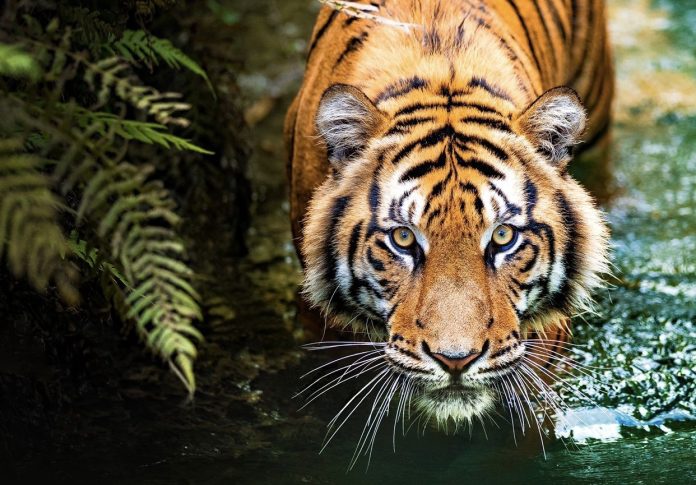
Breaking! FOUR PAWS’ New Report Exposes South Africa’s Key Participation In The Global Trade Of Live Tigers & Their Parts
By Lauren Lewis
You can help all animals and our planet by choosing compassion on your plate and in your glass. #GoVeg
RELATED ARTICLES
Banning Cruelty: New Legislation Aims To Ban Octopus Farming In The U.S.
New bipartisan legislation has just been introduced in the U.S. to ban commercial octopus farming and prohibit imports of farmed octopus from foreign countries.
The...
Outrage In Yellowstone! Grizzly Bear Killed By Wildlife Officials & Left With Head & Paws Cut Off
Photo by: Trisha McFarland / Cowboy State Daily
A photo of a dead grizzly bear with its head and paws cut off has caused an...
Inside Florida’s Illegal Horse Meat Trade: Undercover Footage Shows Racehorse Being Shot & Butchered
A heart-wrenching discovery of illegal horse slaughter has emerged, with video footage exposing the tragic killing of a racehorse named 'Funny Biz,' who was...
Popular stories
News
Three Poachers Have Been Arrested For The Brutal Killing Of Four Rhinos For Their Horns In Kruger National Park
South African National Parks (SANParks) confirmed that on the morning of July 1st, a tourist reported to the Malelane Ranger station in Kruger National...
Featured Animal Spotlight
Urgent Call To Action! Koalas Found Dead After Their Habitat Was Bulldozed By A Logging Company In Australia; Investigation Currently Underway
Photos from Friends of the Earth Australia
With the heart-breaking images of wildlife perishing from the wildfires that continue to decimate parts of Australia, it...
News
Breaking! Court Puts A Stop To Colorado Parks And Wildlife’s Senseless Killing Of Innocent Black Bears & Mountain Lions
The U.S. District Court of Colorado has ruled that the U.S. Fish and Wildlife Service violated the law by funding a Colorado Parks and...


